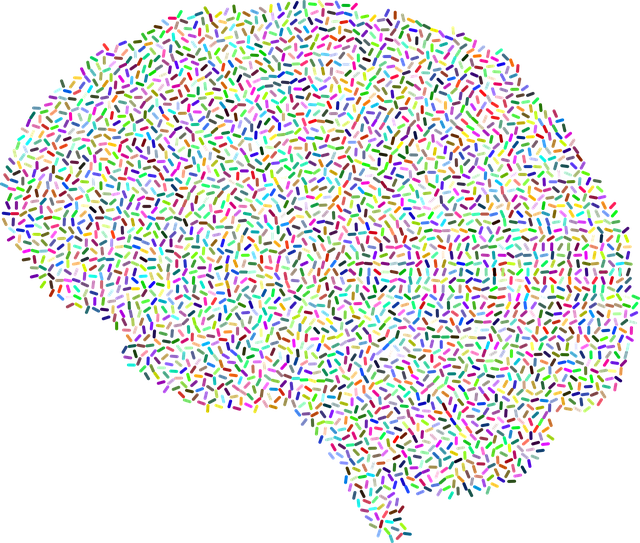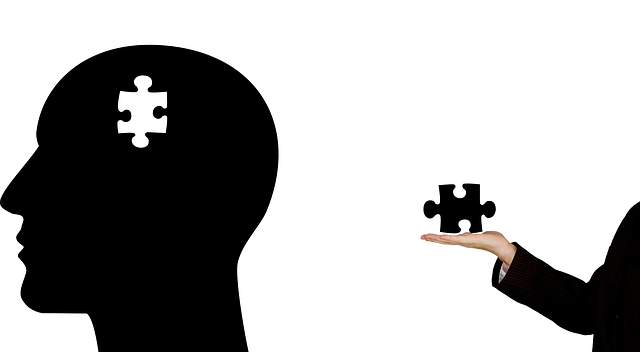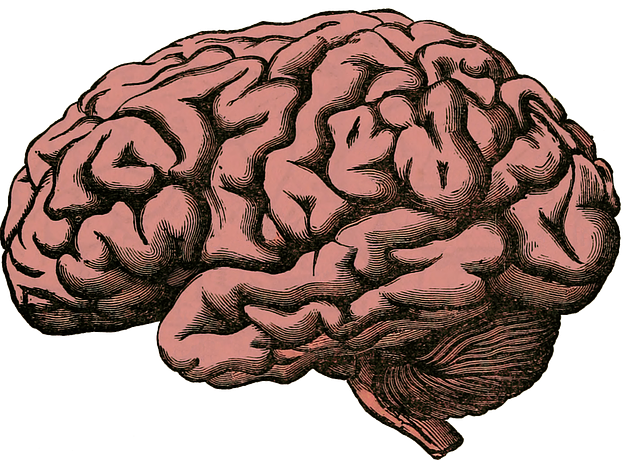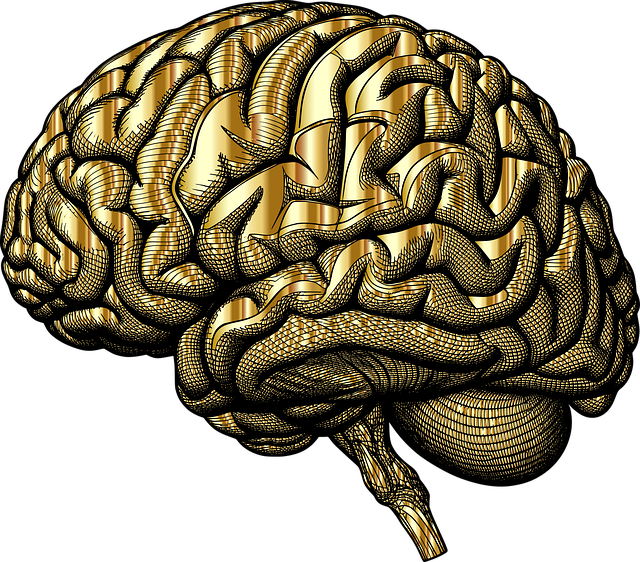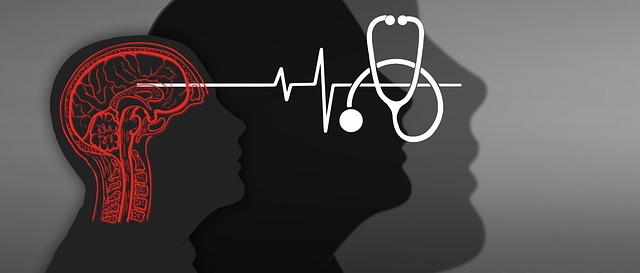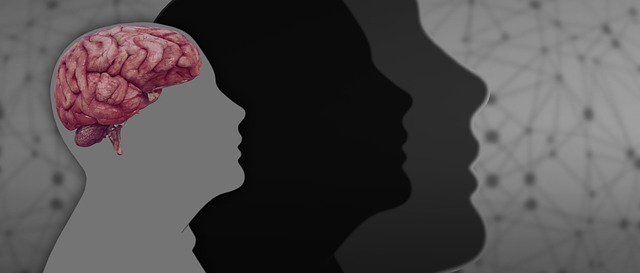Emotional intelligence (EI) is a powerful tool for navigating emotional challenges and fostering well-being, especially in individuals seeking Northglenn ADD-ADHD evaluations and therapy. By recognizing and managing emotions, people can improve relationships, make informed decisions, and enhance their overall mental health. In high-pressure fields like mental health, EI prevents burnout and promotes stress management. Tailored therapy sessions guide individuals through ADD-ADHD dynamics using evidence-based practices, leading to improved emotional awareness, coping mechanisms, resilience, and self-care routines. Building EI through activities like journaling and professional coaching enhances relationships, decision-making, and overall well-being, transforming Northglenn ADD-ADHD evaluations into opportunities for positive growth.
Emotional intelligence (EI) is a powerful tool that can transform both personal and professional lives. This article delves into the significance of EI, exploring its impact on various aspects of our well-being. We discuss specific strategies tailored to individuals in Northglenn seeking ADD/ADHD evaluations, emphasizing therapy as a catalyst for change. Additionally, practical tips are offered to integrate emotional intelligence into daily routines, fostering better connections and enhancing overall mental health.
- Understanding Emotional Intelligence and its Impact
- Identifying and Overcoming Challenges in Northglenn ADD-ADHD Evaluations
- Strategies for Enhancing Emotional Intelligence through Therapy
- Practical Tips for Integrating Emotional Intelligence into Daily Life
Understanding Emotional Intelligence and its Impact

Emotional intelligence (EI) is a powerful concept that has gained significant attention in recent years, especially in the context of Northglenn ADD-ADHD Evaluations and Therapy. It refers to the ability to recognize, understand, and manage one’s own emotions, as well as empathize with others’ feelings. This skill set goes beyond mere emotional awareness; it enables individuals to make thoughtful decisions, foster healthy relationships, and navigate complex social situations effectively.
The impact of EI is profound, especially in managing burnout prevention among professionals. In the high-pressure fields where mental health practitioners work, developing emotional intelligence can be a game-changer. It aids in risk management planning by enhancing professionals’ ability to handle stressful situations, thus improving their overall well-being and reducing the risk of burnout. Moreover, EI promotes coping skills development, allowing individuals to adapt to challenges and maintain resilience in both personal and professional life.
Identifying and Overcoming Challenges in Northglenn ADD-ADHD Evaluations

In navigating Northglenn ADD-ADHD evaluations, individuals often face unique challenges that require tailored strategies. The process can be overwhelming, especially with concerns around performance and social interactions. However, with the right support, these hurdles can be transformed into opportunities for growth. Therapy plays a pivotal role in this journey by providing a safe space to explore and understand the complexities of ADD-ADHD. Through evidence-based practices, individuals learn effective coping mechanisms, fostering resilience building and burnout prevention.
This proactive approach extends beyond assessment; it empowers people to develop self-care routines for better mental health. By integrating strategies into daily life, individuals can enhance their emotional intelligence, leading to improved relationships and overall well-being. Thus, Northglenn ADD-ADHD evaluations become a catalyst for positive change, paving the way for a more fulfilling and balanced life.
Strategies for Enhancing Emotional Intelligence through Therapy

Enhancing Emotional Intelligence through Therapy plays a pivotal role in personal growth and well-being, especially for individuals navigating challenges like Northglenn ADD-ADHD Evaluations. Therapy sessions provide a safe space to explore and understand emotions, fostering self-awareness and empathy towards oneself and others. Skilled therapists employ various techniques tailored to each individual’s unique needs, focusing on the intricate interplay between thoughts, feelings, and behaviors.
One effective approach within therapy involves learning mental health education programs designed to promote emotional intelligence. These programs offer valuable tools for recognizing and managing emotions, improving communication skills, and cultivating resilience. Emotional healing processes, such as cognitive-behavioral techniques or mindfulness practices, are integrated into these sessions to help individuals develop healthier coping strategies. By engaging in therapy, Northglenn residents can unlock their potential for greater emotional intelligence, leading to improved relationships, enhanced decision-making, and a deeper sense of fulfillment.
Practical Tips for Integrating Emotional Intelligence into Daily Life

Building emotional intelligence (EI) is a powerful tool for enhancing your interactions and overall well-being. Here are some practical tips to integrate EI into your daily life, even in bustling environments like Northglenn. Start by cultivating self-awareness – take time each day to reflect on your emotions and the triggers that affect them. This practice, often facilitated through mental wellness journaling exercises, can help you better understand and manage your mood fluctuations.
Additionally, actively listen when engaging with others. Put away distractions and give your full attention to the speaker. This simple act of empathy can strengthen connections and foster a deeper understanding of others’ perspectives. Consider seeking professional guidance from therapists specializing in Northglenn ADD-ADHD evaluations and therapy. They can offer valuable mental wellness coaching programs designed to develop and refine EI skills, especially beneficial for those navigating challenges like ADHD.
Emotional intelligence, a key factor in personal and professional success, can be cultivated through understanding its importance, recognizing challenges like those faced during Northglenn ADD-ADHD evaluations, and employing effective strategies such as therapy. By integrating practical tips into daily life, individuals can enhance their emotional awareness, improve relationships, and achieve better outcomes. For those in Northglenn seeking support, therapy plays a vital role in navigating and overcoming ADD-ADHD challenges, ultimately fostering greater emotional intelligence.

